Novak Djokovic on living, learning & looking for inspiration
Monday, 01.06.2015.
11:42

Novak Djokovic on living, learning & looking for inspiration
On being a role model:“It’s among the things that please me most—to hear that I’m a role model to children and that I somehow inspire them to get involved in sports. It make me happy that they want to follow my lead, above all the personal virtues and values I represent. Of course, it’s also a great responsibility, as it has always been. Thankfully, I’m aware of the fact that many young people, especially from Serbia, look up to me and track my every move: not only every point but also every word and act—how I contend with all that a life on the public stage brings. While it’s a responsibility that I accept as an integral part of what I do professionally, it’s also a privilege. I have the opportunity to accomplish things the way I always wanted, both during my career and especially after it—and that is to pass on my knowledge and experience to others in order to help them and provide better conditions, both academic and athletic. I’ll do that through my foundation, as well as through various other projects I already have in mind.”
On learning:
“I don’t have a university education and sometimes I miss that part of my life—going to school every day, being part of a system, having friends and memories from that period. On the other hand, I know I’m blessed to have the opportunity to pursue the sport I fell in love with at first sight and that has given me so many things in life. At the same time, I’ve long been aware of the fact that I have to work on my education myself. My parents and close friends helped immensely with that. They helped me keep growing and evolving, even while on the move.
“I believe that every person has a choice in life, even though it sometimes seems that’s not the case. I’m talking about some of the most ordinary things now: the way you treat other people, whether you’re going to be kind or, because you’re having a bad day, unpleasant. That always depends on you. Somehow, I’ve always tried to learn more—to explore every field of knowledge, even though I know I need to prioritize, to reconcile them with the life I lead and to stick to the plan. For instance, music: recently, I’ve been learning to play the saxophone because I’ve always wanted to. I never had the chance before; but I got one as a birthday present, so I’ve started to play it.
“There are certain guidelines that I receive from the people around me—without them, I wouldn’t be able to accomplish everything I need to do. As a successful tennis player, I give off the impression that everything runs smoothly; but by no means can I take all the credit for that. Although I win the matches on court, there is a big team of people around me, from professionals to my family, wife, son, and friends. They all sacrifice their time and energy to help me become a better person. Thanks to my personality, I’ve drawn the energy I needed from all of them and from the others I’ve met over the years. Foreign languages have always fascinated me, and I’m interested in organizational sciences and sports management. . . Also, in the past four-five years, since I changed my diet, that has become my greatest passion—healthy, organic, unprocessed food. I’ve read a lot about that and taken online nutrition courses. So, there are plenty of things one really can do for oneself.”
On staying down to earth:
“My childhood was different from that of many players who are now my rivals and that’s helped me to maintain a sense of normality and humility. I don’t like to talk about myself. I think it’s inappropriate—it seems pretentious when people talk about themselves, and I don’t want to make that kind of impression. I’ve had some negative experiences, such as the [1999 NATO] bombings and economic difficulties, but also nice ones, like growing up in the mountains. That kind of ordinary existence gave me a strong foundation, so that I can handle my current way of life much better and appreciate it more than I might have, had my early experience been otherwise. It’s all really satisfying, especially being loved by kids. Children’s faces wear sincere smiles—they’re unspoiled and have a pure energy and a wonderful way of looking at you. That’s when you realize you’re doing something that inspires them, and that’s actually the essence: you’re doing something that touches other spheres of life.”
On writing his autobiography:
“I’m not writing regularly, but I am in the habit of keeping a diary—I do it every few days. I’ve been making such notes for several years: I started when I was a kid, but then there were five or six years during which I didn’t keep a record of things that were happening in everyday life, not just tennis-related activities. Recently, I started doing it again—I have my wife to thank for that, because she does it regularly. That’ll be valuable material for my eventual autobiography. We’ve already talked in specific terms about when and how we’ll do it. Though now’s not yet the time, it’ll come—we plan to do it, but we’re short on free time.
“I don’t want it to be the typical ‘successful athlete’ autobiography, where I only talk about my achievements and describe the emotions I experienced on court. I’d really like it to be more thorough than that and you can expect to read things that the general public doesn’t currently know. I can’t single out a detail that would be interesting right now, but what gives me the most joy is that through this book I’ll be able to share those segments of my career that enabled me to become successful and develop as a person. At the same time, I’m also going to write about the difficulties that I encountered along the way, oscillations, moments of crisis. . . Everyone goes through such things—even though I’ve had great success, that doesn’t mean that I don’t get upset or that there aren’t situations where everything goes wrong. I want to share honest observations with people, and I hope they’ll understand the book as one person’s life lessons and be able to use something from it in their own lives. After all, that was the point of writing the book on nutrition: I didn’t intend to impose my views on others, or tell them the one correct way to eat; on the contrary, what’s good for me isn’t necessarily good for you, too. That book was my personal experience and explains how my diet affected me, but anyone can find something useful in it.”
On living in the public eye:
“In brief: some things are not for public consumption. There is a thing called intimacy, but also some things you should just not say out loud. I’m not a man who keeps a lot of things to himself—I like to express what’s in my heart and on my mind. I’m very emotional and temperamental, and the people around me know that I try to be sincere, honest, dignified and to uphold the life principles that I believe in. On the other hand, after so many years of professional tennis and press conferences, I’ve learned that some things you say or do can come back like a boomerang and hit you in the head.
“To be honest, then, I do keep many things to myself—not that I have anything to hide—and anyone who follows sports can recognize that some athletes don’t share as much as they might like to. We don’t want it that way, but society as it is dictates it. With all due respect, the media amplifies the negative context of rivalries and outrageous statements only to create an atmosphere of rage, which is, in my opinion, totally wrong. That’s why I don’t want to give ‘ammo’ to the media, to allow them to pull comments out of context and thus create the stories they want. In an ideal world, it’d be best if people said what they think and it got published that way; but the media are capable of twisting words in a way that suits them.
“I read your blog, and you write openly and honestly—it’s clear you have no need for pretense and you describe things the way you experience them. Even though I’m also trying to be like that, to live and to treat people like that, the situation doesn’t always allow it. I’m not talking about my PR or reputation here, but about basic interpersonal relations and life values that you either respect or you don’t. You can’t turn black into white, purple, or grey—it’s just black. So, sometimes you simply keep things to yourself: you choose not to share if the moment isn’t right. . . . If I have to resist a system that I consider unfair, I’ll do it, but in a wiser, more mature way, without (forgive my crude language) spitting on the tournament, balls, or court in public, because I know it won’t do me any good.”
On dreaming before sleep:
“I recap the most recent events, ones that occurred during the day—because of the kind of life I lead and the amount of information that I receive on a daily basis, I tend to forget what happened quickly and move on. This doesn’t mean I’ve forgotten the most emotional and beautiful tennis victories that I’ve experienced and that stand out from the others: Wimbledon in 2011 and 2014, as well as the Davis Cup title in Belgrade. Of course, I remember that. As a matter of fact, I watched a replay of winning the Davis Cup yesterday—and, by chance, we’re talking about it now. While I was watching, I got goosebumps and huge motivation. Then, I read an interview with Vladimir Grbić, who is a genius, both as a man and as an athlete. Now, after such a successful and rich career, he focuses his energy on helping disabled athletes. That deserves every possible praise—there aren’t many people who do that. He’s a great man who has offered so many useful and beautiful things one can take as advice and inspiration for what to do as an athlete.
“Those two things, for instance, were like wind in my sails—something I constantly seek. I look for inspiration in others: in the people around me, but also in the likes of Vladimir Grbić and other sportsmen, both Serbian and international. Actually, I look not only to athletes, but to people from all walks of life who are special and accomplished, both professionally and personally. Those are the people I love to read about, to hear what they have to say, and to discover their way of thinking.”
On the 2016 Rio Olympics:
“I have a huge desire to succeed there, but I’m not the only one. All athletes dream their whole lives of participating in the Olympics and winning a medal for their country. I’m aware of what awaits me there—I hope our entire tennis squad will be present and strong, and that we’ll have as many representatives as possible, as tennis has become such a successful and popular sport for Serbia. Hopefully, we’ll bring home a medal, since we were unsuccessful in London and that hit me hard; I was very upset about that. But a new opportunity is coming, and it’s going to be played on hard courts, my favorite surface; so, I’m aiming to improve on my bronze medal from Beijing. Then again, any medal is a huge step for Serbian sport.”










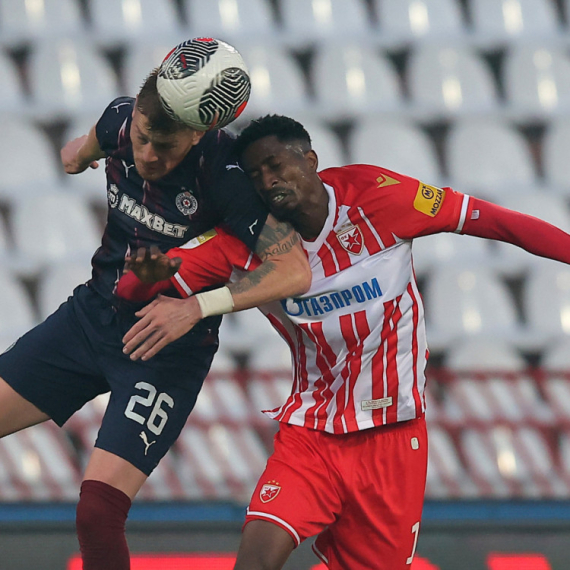

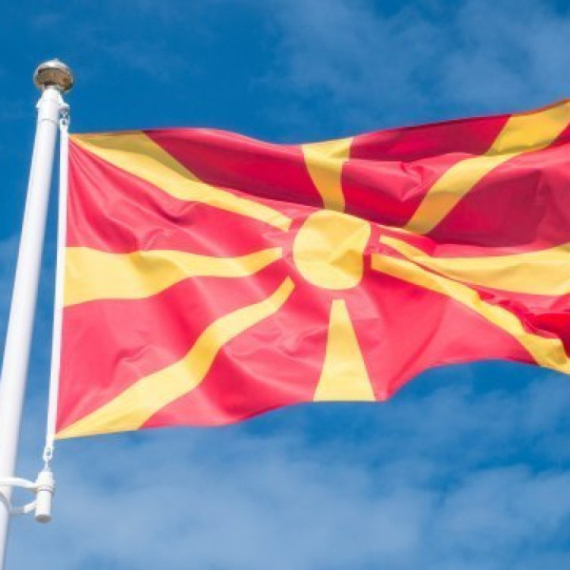
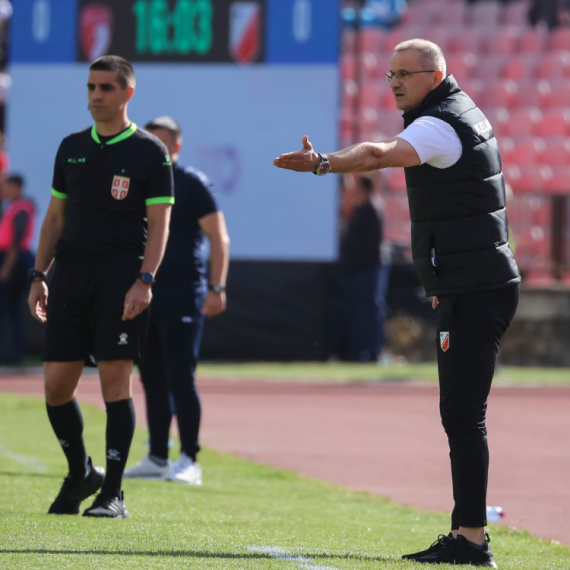
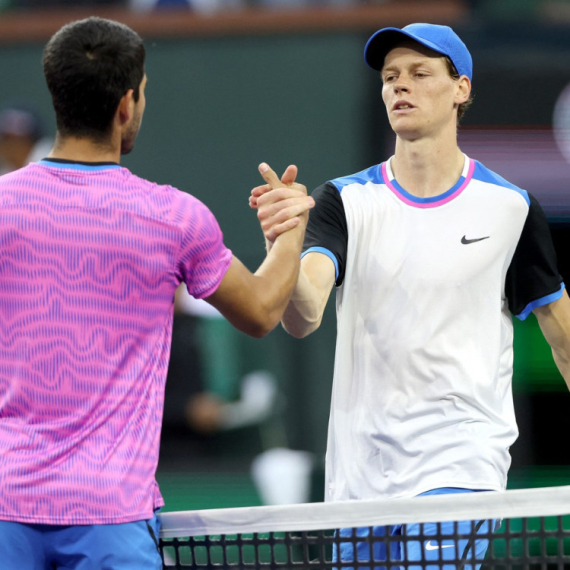

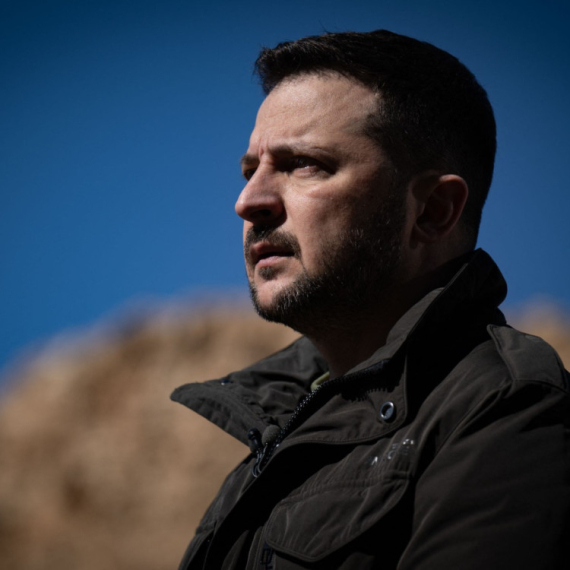










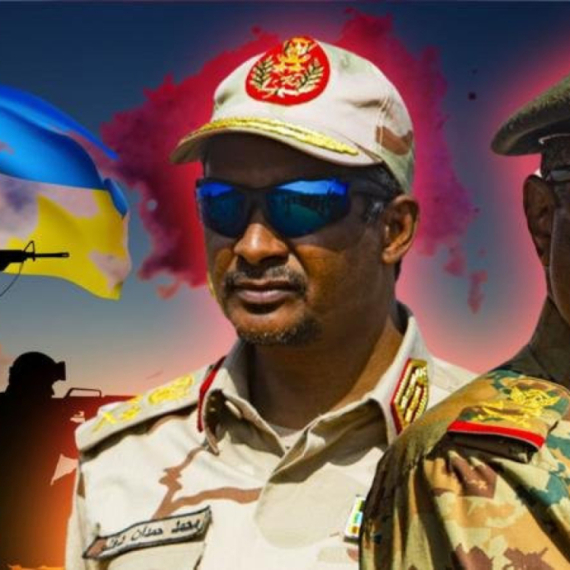
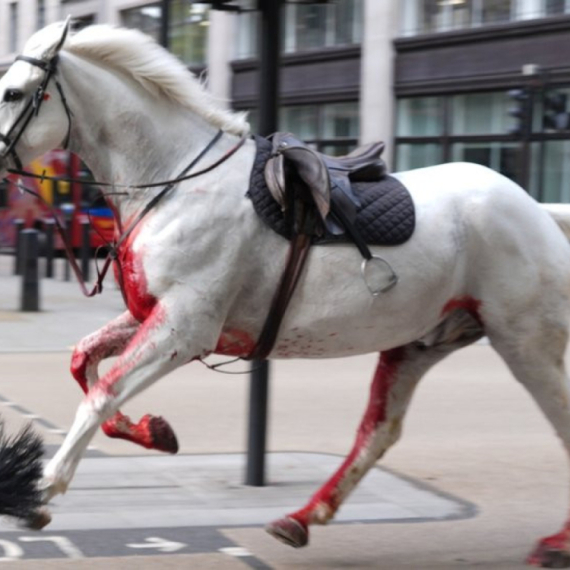

Komentari 0